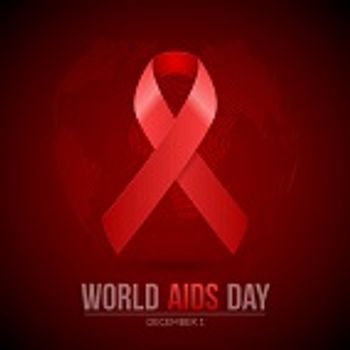
In honor of World AIDS day, the National Institutes of Health reflected on advancements made in the fight against HIV and address future goals designed to end the HIV/AIDS pandemic.

In honor of World AIDS day, the National Institutes of Health reflected on advancements made in the fight against HIV and address future goals designed to end the HIV/AIDS pandemic.
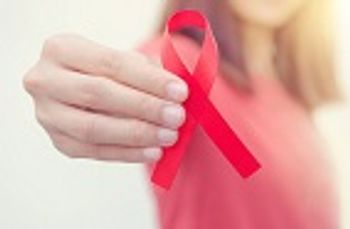
The National Institute of Mental Health has granted researchers at the University of Pennsylvania School of Nursing and New York Blood Center $769,578 to go towards efforts to create an HIV awareness program for women.

HIV used to be a death sentence, but highly active antriretroviral therapy means infected individuals are living long enough to die from other diseases.
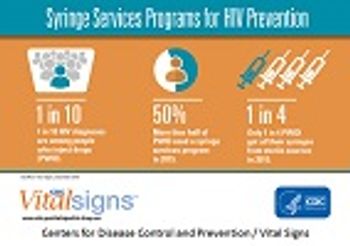
This afternoon, the CDC held a telebriefing on how the use of syringe services programs by injection drug users has increased, but access to these programs needs to improve in order to improve HIV prevention efforts.
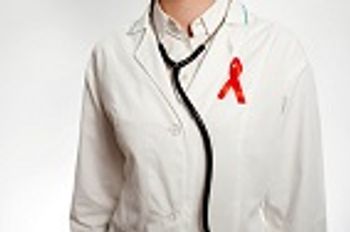
The first HIV vaccine efficacy study in seven years is currently being conducted in South Africa, with researchers testing if a new vaccine regimen called HVTN 702 can provide adequate protection against HIV.
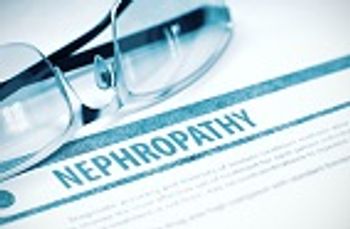
A new study sheds some light on the precise mechanisms involved in the development of HIV-1 associated nephropathy.

The Alabama Department of Public Health has issued a health advisory in an attempt to increase awareness and prevention efforts in Madison County after seeing a dramatic increase in reported syphilis cases since last year.

The US Department of Health and Human Services has added seven new substances to its list of carcinogens deemed harmful to human health.

Phase 2a trial data show that GEN-003 can durably reduce herpes simplex virus (HSV)-2 shedding and clinical disease for up to 12 months after dosing.

Buyers clubs are still going strong in the United States and around the world as the offer a low-cost alternative for individuals with HIV and hepatitis c virus (HCV) who often find themselves struggling to pay for the expensive medications they need to treat their illness.

Scientists from the National Institute of Allergy and Infectious Diseases have discovered a broadly neutralizing antibody that is able to neutralize 98% of HIV strains.

The growing number of HIV cases in Russia suggests that global eradication of the virus may not happen by 2030.
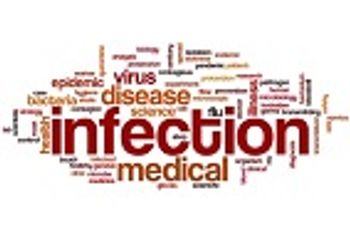
Predicting how long it takes for an infectious disease outbreak to begin may help health officials develop an early warning system, according to the authors of a new study on lag times in epidemics.

Despite the Centers for Disease Control and Prevention's recommendation that the human papillomavirus (HPV) vaccine be routinely given to adolescents and young adults, administration rates for the vaccine are still low.

The US Food and Drug Administration has approved Selzentry for use in pediatric patients two years of age or older, who weigh at least 10 kg.

At the Centers for Disease Control and Prevention 2016 STD Prevention Conference, lead authors of several studies discussed how researchers are taking novel approaches to sexually-transmitted infection screening.

Rapid syphilis screening tests can be useful in community-based facilities, according to the results of five studies presented in a mini-plenary on September 22 at the Centers for Disease Control and Prevention 2016 STD Prevention Conference in Atlanta, Georgia.

At the Centers for Disease Control and Prevention's 2016 STD Prevention Conference, researchers discussed three novel prevention strategies for HIV, other STIs, and unintended pregnancies.
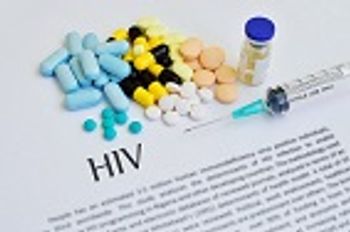
The monoclonal antibody, ibalizumab, has proven to be both safe and effective in treating patients who are infected with multi-drug-resistant HIV-1 and have been previously treated.


“The number of people who experience the devastating effects of preventable infectious diseases like measles, diphtheria, and whooping cough is at an all-time low," according to the Centers for Disease Control and Prevention (CDC).

At the annual meeting of the Infectious Diseases Society of America in New Orleans, Louisiana, Judith Currier, MD, from the University of California, Los Angeles, discussed the many challenges that HIV-positive individuals face as they live longer lives.
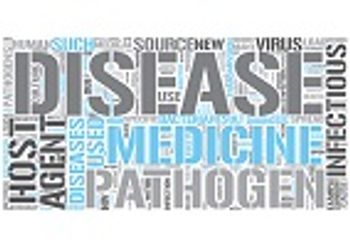
Speakers at the Infectious Diseases Society of America annual conference plenary symposium in New Orleans, Louisiana, discuss past successes, current challenges, and future efforts regarding infectious disease.
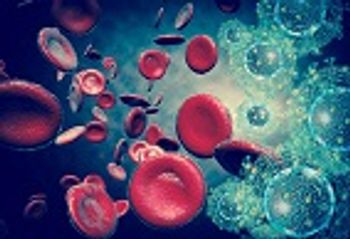
Thirty years after the 1980s AIDS crisis, researchers have proven that Gaétan Dugas, known as Patient Zero, was, in fact, not the first AIDS case.

Researchers from Sweden’s Linköping University discover the pathway that leads to deadly infections in people co-infected with HIV and TB.